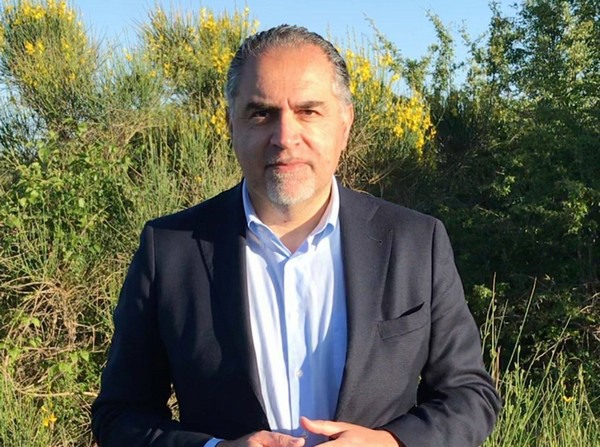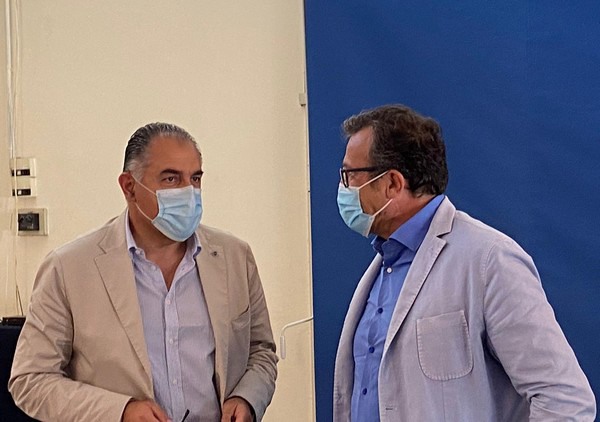On July 2nd Francesco Ferrini, a renowned professor of Urban Arboriculture at the University of Florence, was elected president of the Ornamental Nursery District of Pistoia (Distretto vivaistico ornamentale di Pistoia), the most important in Italy thanks to its over 5,000 hectares of nurseries specialized in outdoor plants. Ferrini will aim, through a strengthened dialogue with institutions and associations, including international ones, to put the needs of nurseries at the center of the urban forestry plans that are emerging in Italy and in Europe. In his first speech as president he stated that following the pandemic, "the way of looking at urban green has completely changed" and now "selling plants is almost like selling medicine."

Last Friday the assembly of the Ornamental Nursery District of Pistoia (Distretto vivaistico ornamentale di Pistoia) chose as new president Francesco Ferrini, among the leading experts in urban arboriculture: full professor of “Arboriculture” at the University of Florence, Award of Merit from the International Society of Arboriculture (ISA) in 2019, but also winner in 2009, in the context of the international floriculture fair “Flormart”, of the “Fabio Rizzi Award” for his commitment 'in research and dissemination of technical-scientific knowledge in the field of nursery and ornamental arboriculture, in constant contact with producers all over the world.'
Pistoia Nursery District is a large Italian plant production district with about 1500 nurseries that mostly grow outdoor plants on a total area of over 5,000 hectares. The employees number around 5,500. Production exceeds 500 million euros, of which around 200 million euros (40%) for exports.

"Those who preceded me," declared Francesco Ferrini, after being elected "have made it possible to implement the many activities of the District that have guaranteed its growth, even in a context of crisis like that of recent years. So my personal thanks go to them. But there are many things to do, not because they haven't been done, but simply because in the last year and a half everything has changed: the perspective from which we look at urban greenery has changed."
"The nursery grower," Ferrini said in this regard, "must be increasingly aware that when he sells a plant, he is selling a medicine. I don't want to exaggerate, but it is as if he were selling organic, zero-impact medicine that is not only good for the body but also for the spirit. A nursery grower is not simply selling a product but much more, that is, a whole series of direct and indirect benefits for human life that count more than the mere aesthetic value of the plant. He/She sells something that absorbs CO2, intercepts particulate matter, reduces pollution, creates shadow and therefore mitigates the effects of climate change."

Ferrini announced that he will take some time to draw up the program. But he anticipated some of his fundamental objectives for the Pistoia Nursery District. Among these, the involvement of nurserymen in urban green planning, also in order to be able to promptly meet the demand for plants, and greater visibility and internationality of the District.
For more information: Associazione Vivaisti Italiani
Associazione Vivaisti Italiani
www.vivaistiitaliani.it
